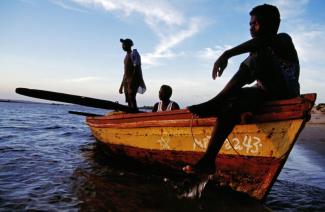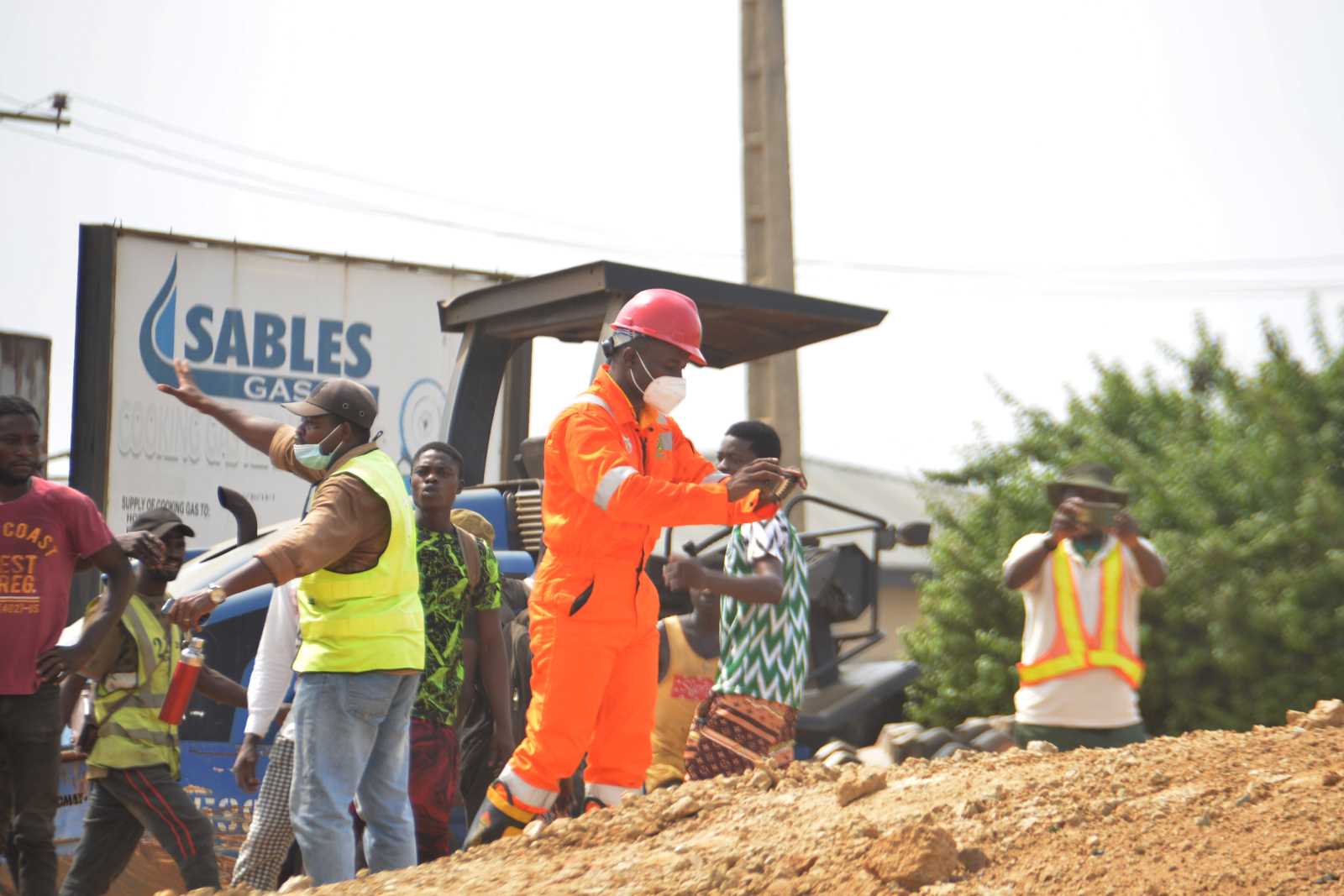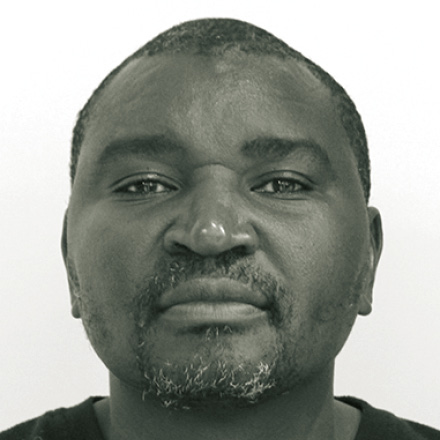Comment
Debt crisis ahead

The reaction of Christine Lagarde, the managing director of the International Monetary Fund (IMF), was unusually harsh. When it became clear that Mozambique had granted three half-state-owned businesses government guarantees amounting to $ 2.1 billion in total, she froze all withdrawals from the current programme and publicly stated that the Mozambican government was obviously concealing corruption.
That is probably true. What matters more, however, is that the recent IMF analysis shows where the development model of exploiting natural resources leads. The risks are similar in many other resource-rich countries.
After Portugal’s colonial rule ended, Mozambique became the scene of a proxy war in which the government of the Mozambique Liberation Front (FRELIMO) was supported by the Soviet bloc and the rebels of the Mozambique National Resistance (RENAMO) were supported by the West and South Africa’s Apartheid regime in particular. The civil war caused great human suffering, and the debt swelled. Thanks to international debt relief in the context of the Heavily Indebted Poor Countries (HIPC) Initiative and Multilateral Debt Relief Initiative (MDRI) a new economic beginning was possible after the year 2000.
Since then, however, the ratio of debt to economic output has been deteriorating again, at first slowly, and then faster and faster. There are two reasons:
Mozambique’s infrastructure must urgently expand.
The interest rates in the developed world are extremely low, so private-sector capital is flowing to Africa.
Investors have taken great interest in Mozambique because of its enormous gas reserves right off the coast. According to a “baseline scenario,” which the IMF considers to be the most likely one, the country’s external debt will rise from today’s 106 % of gross domestic product (GDP) to 126 % by 2019 and almost 190 % by 2020. It is noteworthy that primarily private-sector companies, not the state, are taking loans.
It also matters that direct investments amounting to 21 % of GDP are currently flowing into Mozambique. According to the IMF estimates, this share will rise to 65 % by 2019. While this trend does not create any debts, the influence of foreign companies is growing fast in natural-resource exploitation.
The outlook is grim. In 2020, Mozambique will still be a low-income country and its liabilities towards foreign countries are about to reach Greek levels, so 36 % of export revenues will be needed for debt servicing. Mozambique’s economy will thus be reduced to a mere appendage of the commodities business, and the entire economy, including the infrastructure, will be increasingly dominated by international corporations.
The IMF expects high annual growth rates of 7,2 % on average from 2015 to 2020 and even 11 % from 2021 to 2035. For this to happen, however, energy prices must rise fast on the world market, and agriculture must not suffer drought. Droughts, however, are a likely impact of climate change. Mozambique will probably have a stagnating economy, but a huge foreign debt to bear.
The IMF is downplaying the risks, arguing that the state is not responsible for private debts. That is true. However, that equally applied to Ireland and Spain in the global financial crisis, but those governments were soon forced to borrow heavily to bail out the banks. Something like that may easily hit Mozambique. It is a warning sign that all its newly uncovered “hidden” debts relate to gas exploration along the coast.
The resource curse is increasingly hurting Mozambique’s young democracy. Private interests are undermining administrative and governmental leadership with their great financial clout. The fiscal capacity of the state is small in comparison, and its officials are becoming corporate puppets.
Mozambican democracy can yet be saved. Social movements think the FRELIMO has enough democratic substance, so they raise this demand. A crucial question, however, is whether the donor community will realise that the current development model leads into debt, so they must not support it any longer.
Gina dos Reis coordinates Grupo da Divida, a Mozambican civil-society organisation.
eufriginareis@yahoo.com.br
Jürgen Kaiser coordinates the non-governmental German debt-relief campaign erlassjahr.de.
j.kaiser@erlassjahr.de












